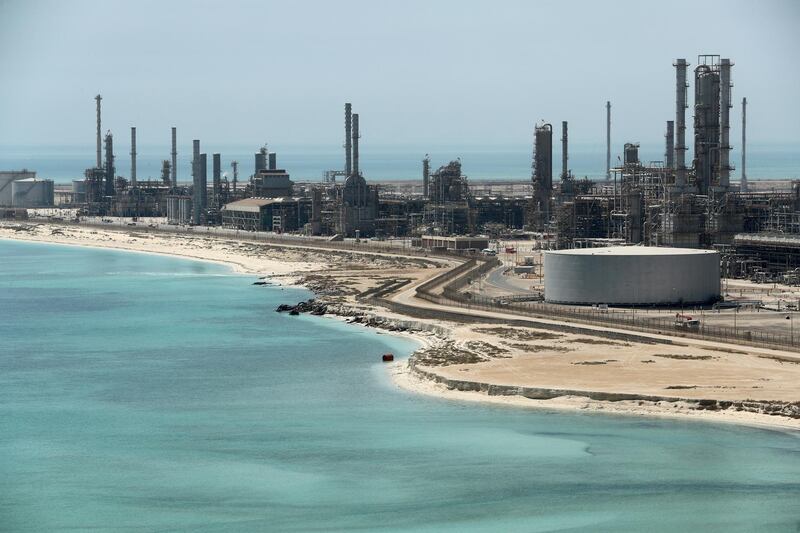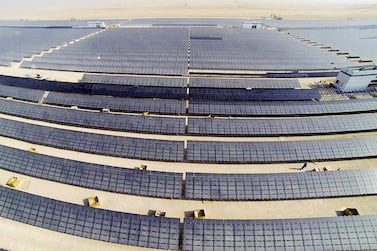The Arab Petroleum Investments Corporation (Apicorp), a multilateral lender owned by the 10 members of the Organisation of Arab Petroleum Exporting Countries, saw profit to its shareholders drop 53 per cent year-on-year in the first half of 2019.
The lender reported a profit of $70.3 million (Dh258.2m) despite interest income growing 36 per cent to $146.1m. Net profit was lower mainly because Apicorp benefited from a one-off gain of Dh86.7m in the first half of 2018 on the sale of its stake in National Petroleum Services.
“Our results for the first half of 2019 affirm the effectiveness of Apicorp’s business strategy in diversifying its business and related activities in addition to expanding its partner base," said chief executive Ahmed Ali Attiga.
Excluding the NPS sale, he said the lender had improved its recurring income, gross operating income and net income when compared to the same period last year.
"Despite challenging market conditions, we also successfully completed six medium-term funding transactions worth $1.4 billion from international markets. These achievements speak to the strength of our position as a trusted financial partner to the region’s energy industry."
Apicorp attributed the growth in recurring income to its corporate finance and treasury business lines, which grew 44 per cent and 78 per cent, respectively.
The lender, which is based in Dammam, Saudi Arabia, said the overall size of its balance sheet grew 6.2 per cent to $7.4bn. Equity grew by 2.4 per cent to Dh2.3bn. Apicorp has a long term issuer rating of Aa3 by Moody's Investors Service.
Chief financial officer Sherif Ayoub said the lender's financial performance had been achieved "in the face of a number of uncertainties that emerged at the global and regional markets during the same period".
Oil markets have fluctuated this year as traders have weighed the impact of supply disruptions against those of a potential demand slowdown as fears grow over the state of the global economy.
Brent crude was trading at $59.10 per barrel at 2.30pm UAE time on Monday, which is 11 per cent higher so far this year but 21 per cent lower than the peak of $74.57 per barrel in late April.








